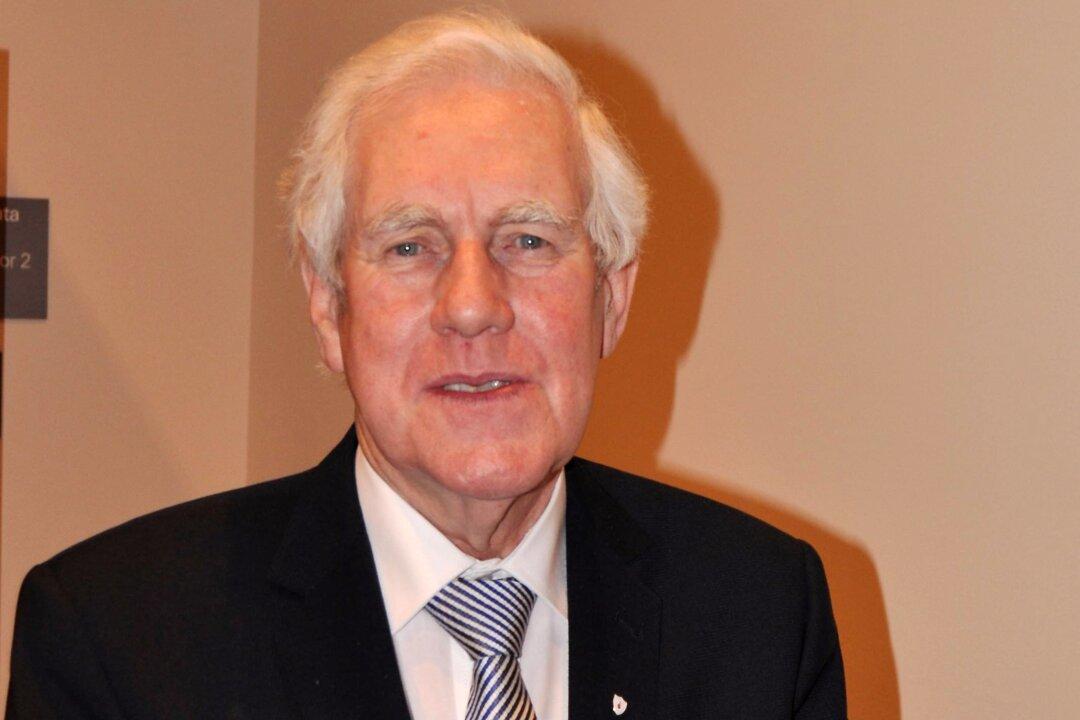The Epoch Times spoke to Alice Whittaker, a partner in Philip Lee Solicitors and head of the firm’s Environment and Climate Group, about the introduction of the water charges.
Ms Whittaker drew attention to the fact that the legislation brought in to regulate the introduction of water charges did not constitute a blanket requirement for governments to charge householders for using water.
“What it says is that you need to charge different types of users of water for their use of that water, and not cost-subsidise between the different kind of users, i.e. industry, commercial or domestic,” she said.
Organising Water
Ms Whittaker explained that one of the ways that we have managed to finance water provision over the years is by indirect taxation, with expenditure filtered through the Department of the Environment out to the local authorities, who acted as water services authorities. However, a decision was taken (and probably at the instigation of the Troika) that perhaps we needed to do something that was more efficient and centralised, and to manage it all through a single utility.
Can’t Pay or Won’t Pay?
“If you were to design this model from scratch, you wouldn’t design what is planned now,” said Ms Whittaker. “I know that there are arguments about water being a human right, and strong reasons against empowering a company to have the right to switch off water the way a gas or electricity company has the right to switch off gas or electricity if people don’t pay.”
Ms Whittaker said that a non-domestic user—like a commercial premises—can have their water cut off if they don’t pay. She said there is a legal basis for prosecuting and pursuing such offenders.
A Study in Bad Timing
According to Ms Whittaker, “If you were choosing to set up a water utility today, you probably wouldn’t choose to do it in the timeframe that it is being done in. There was a commitment to establish Irish Water and get meters in in an extremely tight timeframe, it probably front-loaded a lot of the cost,” she said.
“I think maybe in retrospect it was a little too fast for people, and it might have been wiser to include a small flat-rate charge on everybody before they started putting in meters and charging people on a meter basis to get poeple used to it, something small that wouldn’t reflect the actual usage. But that was a policy decision…”



